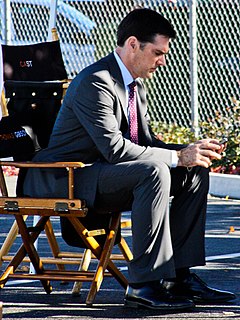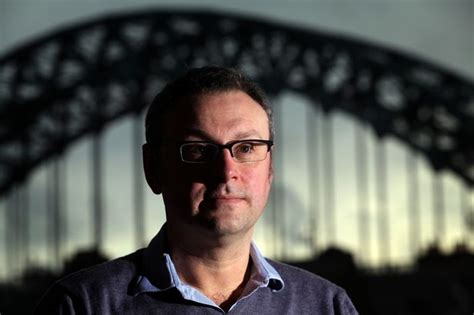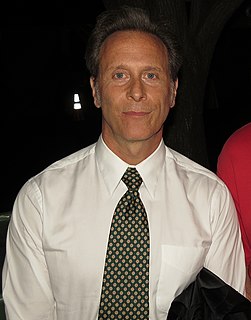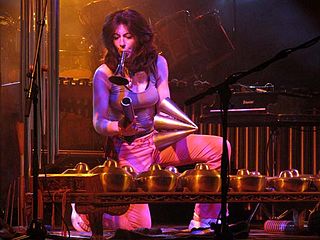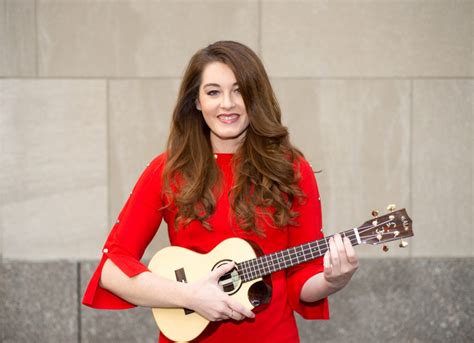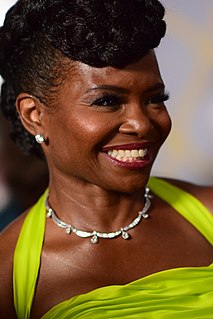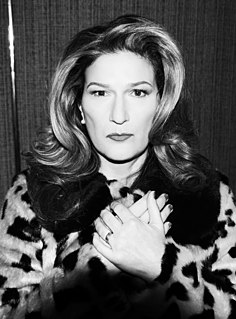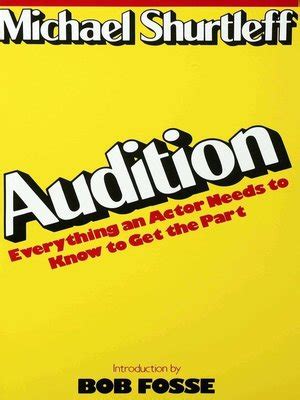A Quote by Neil Patrick Harris
I don't know, on a sitcom, and in theatre especially, you have to really be listening to an audience. And if you're losing them, you can hear the sniffs, and the playbills shuffling and whatnot.
Related Quotes
A puppet, for example, is just a piece of wood, a couple of rivets, but put them together, and if you know how to do it, and the audience's imagination joins in with this, then a miracle will come out of that machine. That is what we and the audience do in the theatre - we create miracles in that space.
To be honest, I am not theatre-trained and though I am confident in my skill set, to do theatre requires a better-tuned set of muscles and I sometimes defer to actors who are better trained. But at the times I do want a shot, I'll go for it, especially if the piece speaks to me and the opportunity comes up. The immediate response from a theatre audience is so thrilling, affirming, and soul-feeding; to know how you've affected an audience at curtain can be ego-blowing, both good and bad.
The only way to resonate at a level that persuades is to know who you are addressing. If it's true that the Audience is the hero, you need to spend time thinking about them. Really getting to know them to the point it feels like they are a friend. May times we picture our audience as a large clump of strangers. Instead, you need to picture them as individuals standing in line to have a personal conversation with you. It's easy to persuade a friend, you need to think about your audience until you know them as a friend.


